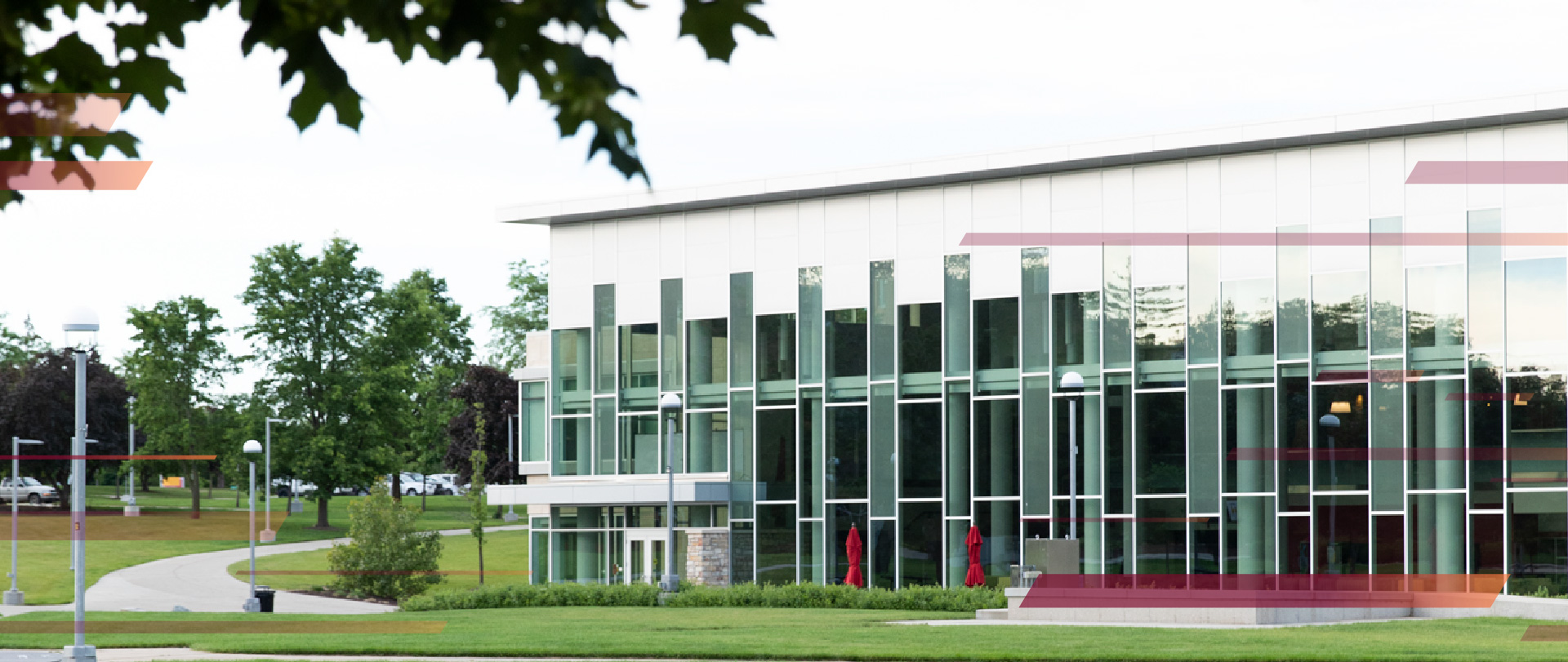Disability and Accessibility Resource Center
Arts, Sciences and Education Commons (ASC) 1017[email protected]
Phone: (231) 591-3057
Fax: (231) 591-3939

February 01, 2022
by Nicole O'brien, ECDS Intern
“Nice dreaming," my mom says as I surf through Ferris State University’s website. In her mind, there’s no way I can transfer to Ferris unless my degree is online because of my extensive physical needs. For both my parents, the fear of my physical needs going unattended supersedes all my potential. The term “special needs” connotes similar rhetoric. For this reason, I contend using the term special needs is one of the most offensive terms an individual can use to refer to someone in the disabled community. It implies since caregivers have to go above and beyond to satisfy our physical needs, they are somehow drastically different from a typically developing individual.
Many functions established for the disabled include “special” in their title. One being Special Olympics. Special Olympics isolates those who have disabilities from their typically developing peers. The unintended message behind Special Olympics could be seen as those of us who have disabilities must play sports separate from everyone else because other groups cannot accommodate our needs. This, in turn sends the message: incorporating disabled people into typically developing sports competitions somehow lowers competition. This is not the case, involving disabled individuals into typically developing sports competitions allows others around them to understand the true value of sports.
In order to live the most fulfilling life, people with disabilities often require very expensive equipment such as wheelchairs, walkers, braces etc. When using the term “special needs” in everyday conversation, the primary concern of caregivers becomes the “neediness” of an individual rather than the person themselves. For many, their physical needs are quite extensive. In other words, when the term special needs is used, all a caregiver can think about is what need to fulfill next and how they’re going to do so. Thereby, decreasing the worth of the individual themselves to their physical body.
What makes a wheelchair a special need? For a disabled individual, a wheelchair acts as our legs. How come when a person is diagnosed with cancer, they are not considered special needs? Cancer medication is very expensive. It’s only because those of us with disabilities need expensive adaptive equipment all the time every day of our lives. Would you want to be known for the extra financial burden you impose on society? Why is it when a disabled person goes into the public, people try to speak to the caregiver instead of the person themselves? When I meet new people, they direct their questions toward my assistant instead of me. Again, this comes across like I have less value because they assume I cannot understand simple questions.
I understand how the term “special needs” could be useful as it may be used to imply that a caregiver must have increased empathy to understand an individual with mental challenges is just like any other individual. Therefore, a caregiver must think of creative ways to determine an individual's desires. But “special”? Please! Some parents of children with mental challenges choose to describe them as “special children” to focus attention on their character. The issue is never a matter of character rather a matter of need.
Given what I have outlined, I personally believe “disabled” is the least offensive term one can use to refer to someone in the disabled community. All “disabled” really means is not able. We can put the prefix “dis” in front of numerous words to mean that something is not discourage, discontent, disregard and so on. This term should not take people aback. The only reason this term has such a negative perception is because of the interpretation people have of it. Please be more conscious of this.